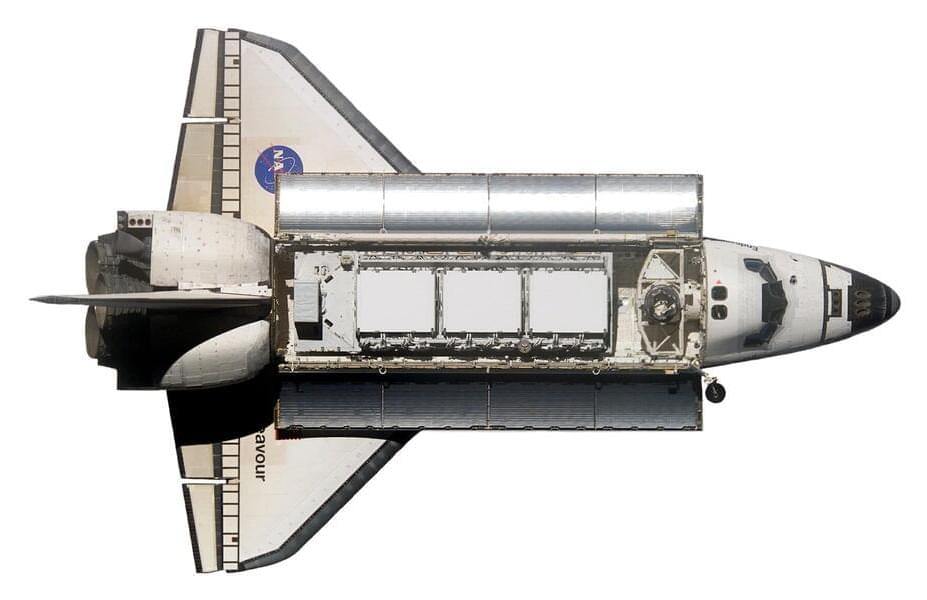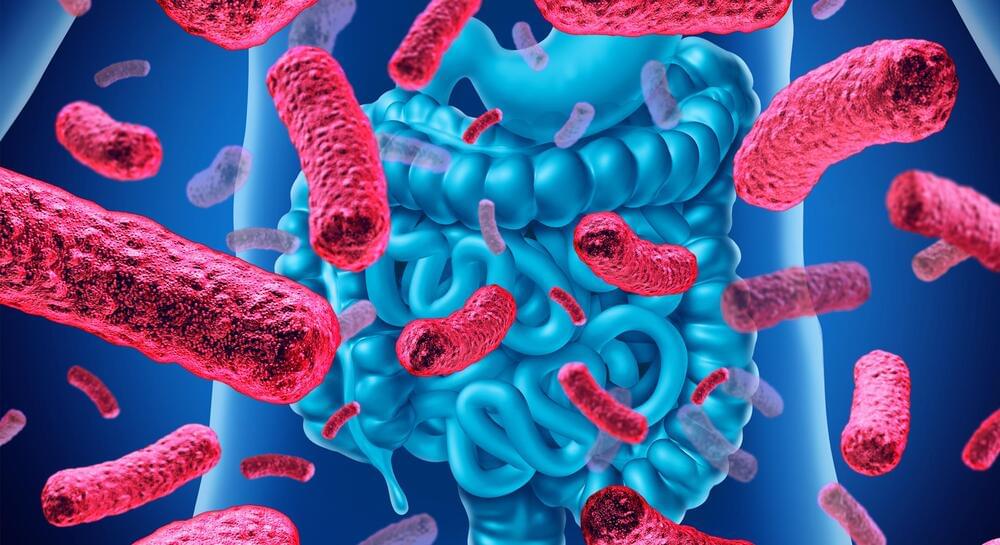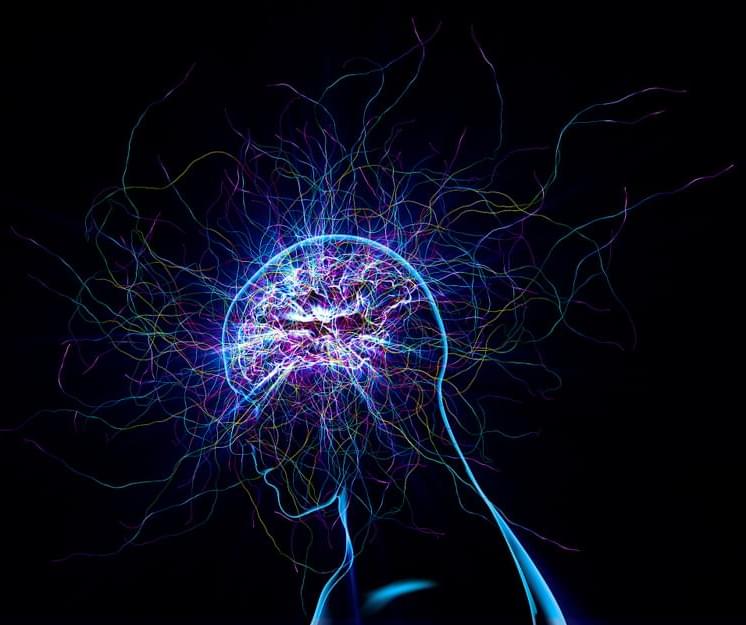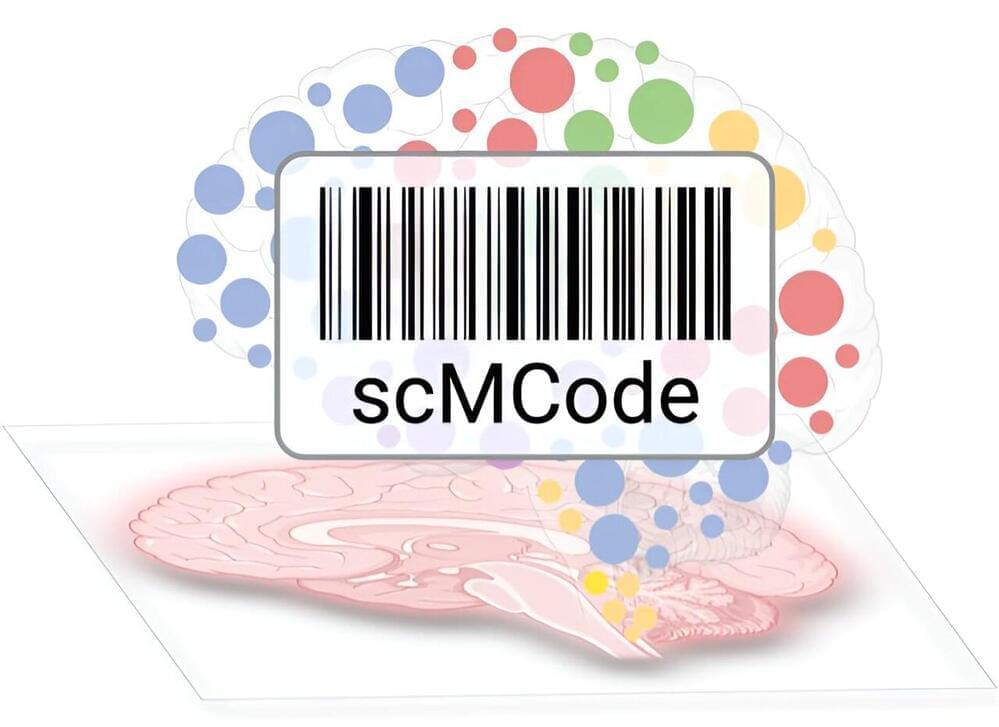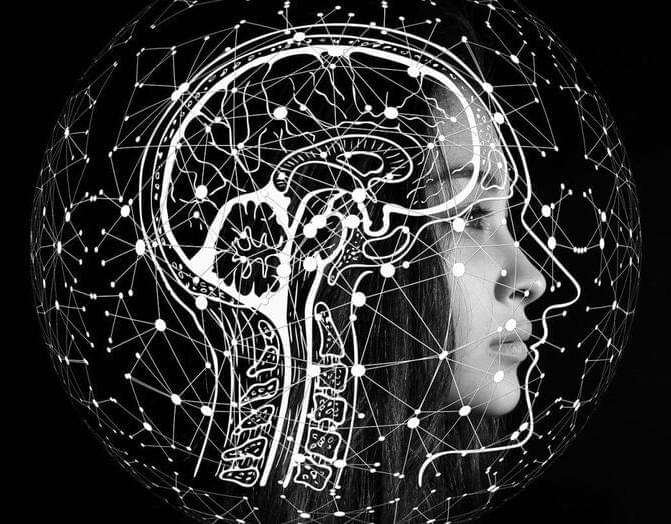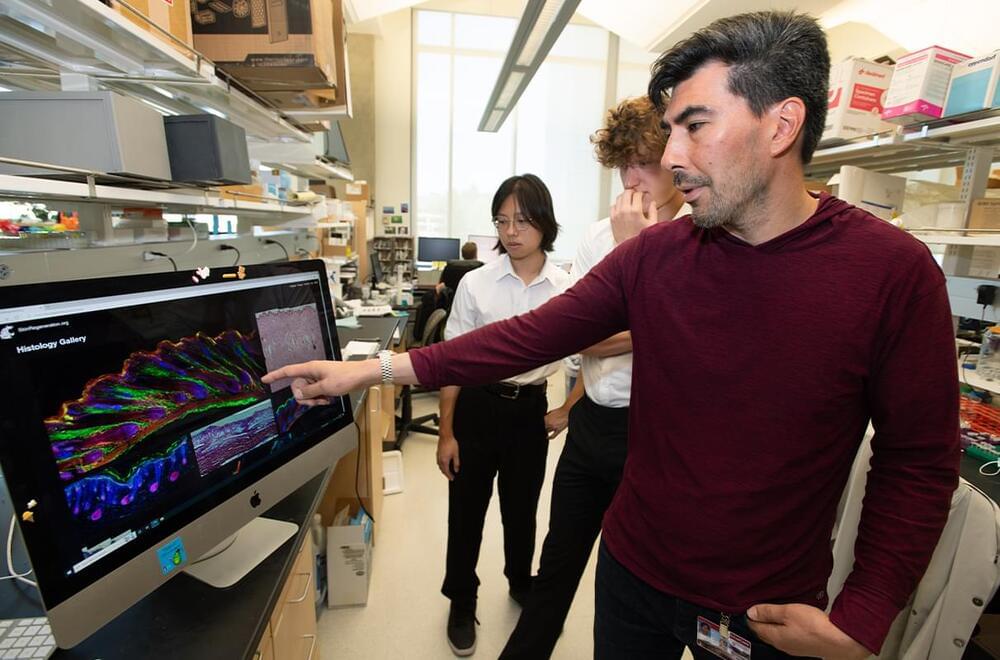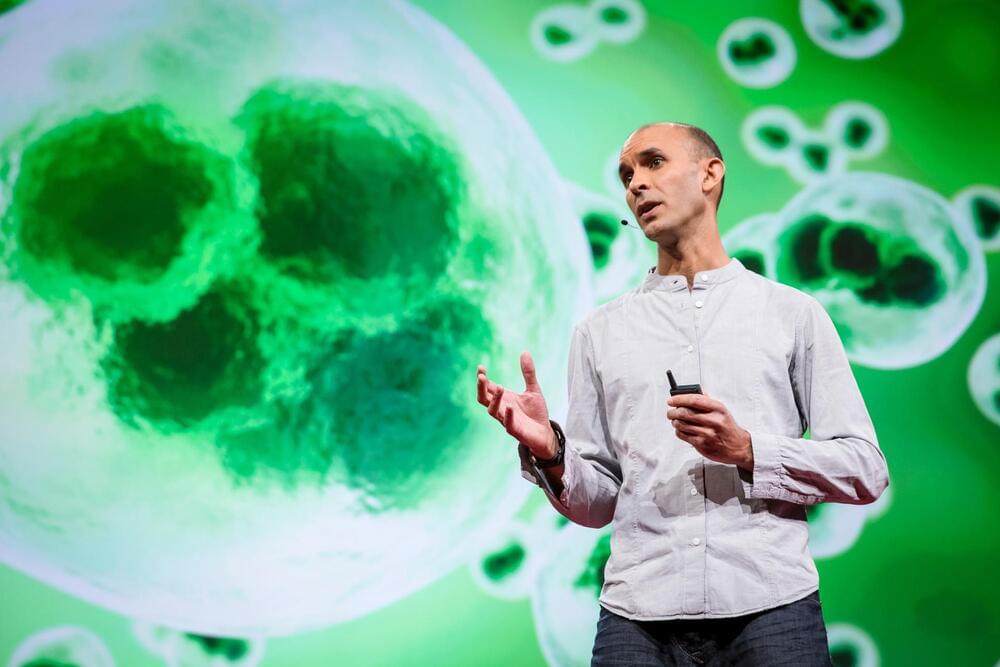The space shuttle Endeavour’s twin giant rockets will be hoisted by crane next week and affixed into place atop the craft’s aft skirts in a first step of assembling a full-stack configuration of the shuttle at the future Samuel Oschin Air and Space Center.
The two solid rocket motors—each weighing 104,000 pounds and the size of a Boeing 757 fuselage—were transported by truck in early October from Mojave Air and Space Port to the science center in South Los Angeles.
“It’s actually pretty exciting. This is the first big tall pieces of the stack going into the building,” California Science Center President Jeffrey Rudolph said. Each solid rocket motor measures 116 feet and makes up most of the length of the 149-foot solid rocket boosters. At liftoff, the white solid rocket boosters were set underneath Endeavour’s wings and produced more than 80% of the lift during takeoff.
